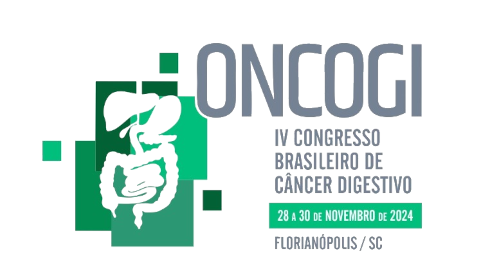Dados do Trabalho
Título
Unprocessed Truth: A Systematic Review of Ultra-Processed Food and Colorectal Neoplasia
Introdução
Colorectal cancer (CRC) is the second most common cancer in women and the third most common in men. Its etiology involves genetic, environmental, and behavioral factors. Among behavioral factors, ultra-processed foods (UPF) have emerged as a group of concern due to their potential adverse health effects.
Objetivo
This study aims to evaluate the association between ultra-processed food consumption and colorectal neoplasia under multiple outcomes.
Método
A systematic review was conducted using PubMed, searching the terms (ultraprocessed) AND (colorectal cancer) and applying the platform's filters: full text, published between 2014 and 2024, and English language only. Two reviewers screened abstracts of retrieved articles, excluding reviews, book chapters, letters, case reports, animal studies, and studies investigating multiple neoplasia types without distinguishing outcomes, not mentioning UPF consumption, or including participants under 19 years old.
Resultados
From 30 potential articles, 5 were included: 3 prospective cohorts and 2 retrospective case-control studies. Sample sizes ranged from 652 to 450,111 patients. The number of CRC cases among the samples ranged from 294 to 22,122, and was not reported in the largest study. All used NOVA for ultra-processed food classification. Four analyzed the relationship between UPF consumption and CRC development risk and one the relationship between mortality of CRC patients and their UPF consumption before diagnosis. Analysis suggests a positive association between UPF consumption and CRC risk (pooled OR: 1.18, 95% CI: 1.11-1.26). However, significant heterogeneity exists (I² = 67%), urging caution for interpretation. Subgroup analysis indicates a stronger positive association among men (OR: 1.23), individuals aged ≥ 60 years (OR: 1.22), and smokers (OR: 1.31). The evidence for effects on disease mortality is weaker, only statistically significant for cancer-specific mortality in early disease stages (I and II).
Conclusão
This review suggests a possible correlation between UPF consumption and increased risk of CRC. Limitations of this review include the recency of included studies (2020-2023), the small number of studies found, and the lack of uniformity between them. These factors emphasize the need for further research on this topic, given its relevance to contemporary lifestyles.
Área
Câncer Colorretal
Autores
ISABELA ALICIA FINK, Georgia Sandler Guimarães, Igor Casotti de Pádua, Milena Salvador Martins, Bernardo do Nascimento Pitthan
